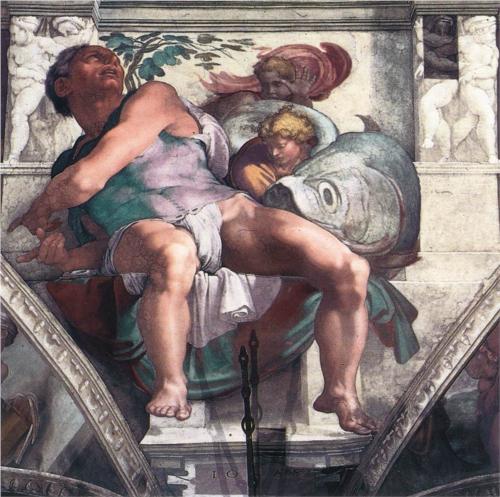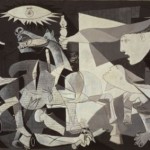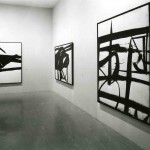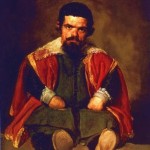I was invited to give a chapel talk at Biola University in La Mirada, California in the spring of 2011. I spoke about how the book of Jonah is a story about us and them, revealing that the grace that God shows to the unrighteous infuriates those of us who think we are righteous. Unfortunately, this is the posture that we as evangelicals usually take in our approach to culture: us and them, the righteous and the unrighteous. And, let’s be honest, most evangelical participation in culture is a form of waiting for God’s judgment on them. We enter into the cultural conversation as Jonah entered Nineveh—we walk through it, declare a confused message of judgment (Jonah doesn’t even tell the Ninevites who it is that will “overturn” them), then get out of town and wait.
The faith that the Word has created in us—by killing us and then raising us to new life—frees us to love our neighbor (who is more often than not our enemy). We evangelicals, however, often think that hating our neighbor is a way of loving him—showing him “tough love,” or judging him for his own good and for the good of our “Christian values.” We rationalize this behavior by claiming that we must use the “whole counsel of God,” which, inevitably, never means, show more of God’s radical and disruptive grace that pours out from every page. No, it always means more law, more judgment, more condemnation. But it is grace that is most needed in our participation in cultural conversations and practices. But it is also the most risky and dangerous, in large part because it destroys the distinction between us and them. How does the recognition that there is “none righteous, no not one” (Rom. 3: 10-11)—when the line between “us” and “them” is radically redrawn in and by Christ—help us think through our witness in the arts and culture?
Below is my chapel talk. Watch it if you’re interested (and can tolerate a twenty-minute talk). But read the book of Jonah. It repays continual reading and meditation, having challenged and comforted me on my own rebellious and hard-hearted wanderings in the cultural landscape.













